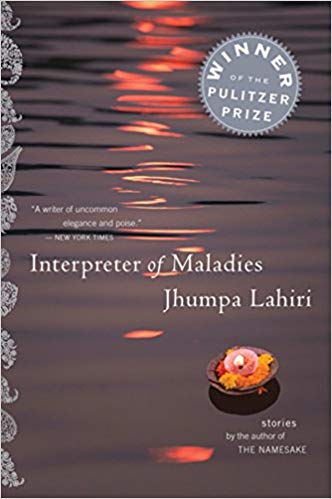

Read the collection in order as it hangs together well as a sequence.

readers are unlikely to be unfamiliar) with very little exposition and in a way that is relevant to the characters' conflicts. At her best, Lahiri conveys a great deal of historical information (with which most U.S. The less-successful stories take place away from this context and are more forced and less interesting ("A Real Durwan" is an example ). The best stories are about contemporary Indian-American families, either alone or interacting with Euro-Americans or other South Asians. These sociocultural and political ruptures form the nominally-explicit back story that informs the protagonists' emotional wariness and disillusion. The more specific malady is the existential and pragmatic shock of the Emergency-the 1947 partition of Pakistan-and the later secession of Bangladesh. The general malady relentlessly presented in this short story collection is tension in relationships-particularly marital relationships, but others as well. The main characters may be of East Indian decent, the story is universal, about love, loss, grief and recovery, painted in the vibrant colors of the author's cultural heritage. The darkness, shared meals and intimacy brings them closer together again after the loss had driven them apart.

Each getting equal opportunity to save their marriage and their own sanity. Lahiri's answer to Sherazade's 1000 nights perhaps, she has both woman and man do the talking. During this hour the couple tells each other secrets they've never shared before.

The woman and the man each have been in mourning for six months, moving further and further away from each other, when City Light announces an hour of darkness each night for a week. How will the characters solve the predicament they're in? What more will the author surprise me with? In one of the stories from the Interpreter of Maladies, A Temporary Matter, Lahiri takes the reader into all the rooms of a well kept home in which the heart stopped beating after the stillbirth of a first baby. Jhumpa Lahiri has the uncanny ability to introduce the reader immediately to what the story is all about and still have you reading breathlessly wondering what's going to happen.


 0 kommentar(er)
0 kommentar(er)
